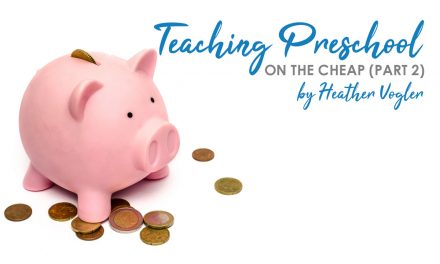What are supplements? What are they for? How are they different from a curriculum?
With a whole catalog dedicated to them, titled Enrichment & Resource Catalog; let’s get some questions answered about what a supplement can do for you and what their limitations are.
You may get a different answer when asking others this first question, but a supplement is a fixer, an add-on, to make your curriculum work better for your learner. At a conference a few years ago, I did a workshop on supplements and assigned them into categories by purpose.
- Additional practice – means focusing on one area such as long division or spelling. You are not replacing your curriculum, just beefing up one particular skill. Test prep falls into this category as you can practice either math or ELA as needed.
- Critical thinking –is further application of solid skills. You may have a student who is good at basic arithmetic, but struggles to apply this skill to word problems. Or a decent reader who needs to work on deeper analysis.
- Parallel instruction – is used when something just isn’t clicking. You need a different explanation of a certain skill – maybe fractions or measurement – before you can continue with your curriculum.
- Hands-on – means adding something tangible to communicate an abstract concept. It could be as simple as addition and subtraction or a more complicated concept such as making decimals into fractions and percents.
Games can be used for all 4 purposes. They can reinforce a new skill, require a student to transfer their skills to a new format, challenge their existing skills and all students seem to enjoy the novelty of a playing a game.
Workbooks are designed to be supplements. They are often skill based or grade level based, are self-contained with answers in the back, and inexpensive.
These are all reasons to NOT use a curriculum as a supplement to another curriculum. A curriculum often has several components (teacher, student, workbook, tests, and answer key) that rely on each other. By pulling out just the workbook part, you are missing out on instructions and answers. Also, curriculum are often more expensive than supplements. Please don’t.
Supplements are perfect for summer when you want a little something light to either review the last year or get a jump on the next year’s content. Use them to remediate that one skill that will prepare your student for the next level.
Supplements often require very little parent attention. They can be used while a child is waiting productively for their turn with you. Or give one to a younger sibling so they can “do school” too. Keep supplements in the car or in your Mom-bag.
Sometimes, a student leaves a school setting at an awkward time of year. Supplements can get them to the end of the semester in a tidier and less costly way than a curriculum.
And finally, you can meet the needs of students with various learning styles using supplements. It is not always practical to have 4 kids in 4 maths, but with the clever use of supplements, you can often make a program work for all of them. Add math songs for an auditory learner, a base ten set for a kinesthetic child struggling with place value, a subtraction workbook for one who needs more work in this area, and a math logic book for a child who needs more challenge.
Supplements, enrichment, resources – call them what you will. These are your “fixer” products to help you make it all work.
Contact our consultant team about what’s available in supplements and be sure to get our beautiful, full-color Enrichment & Resource Catalog. ~ Sara





